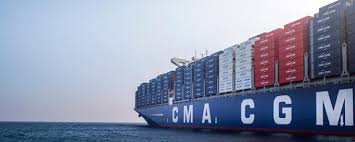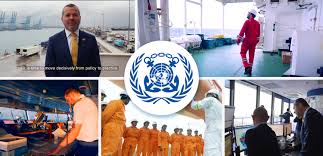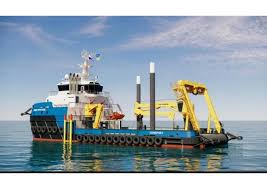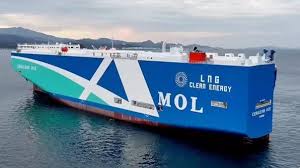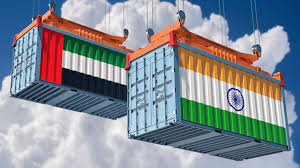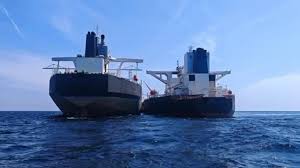Houthis have allowed recovery teams to access the MV Sounion, adrift off Hodeidah. The vessel, hit by missiles, poses an environmental risk with 150,000 tonnes of crude oil onboard. An international effort is underway to prevent a major spill.
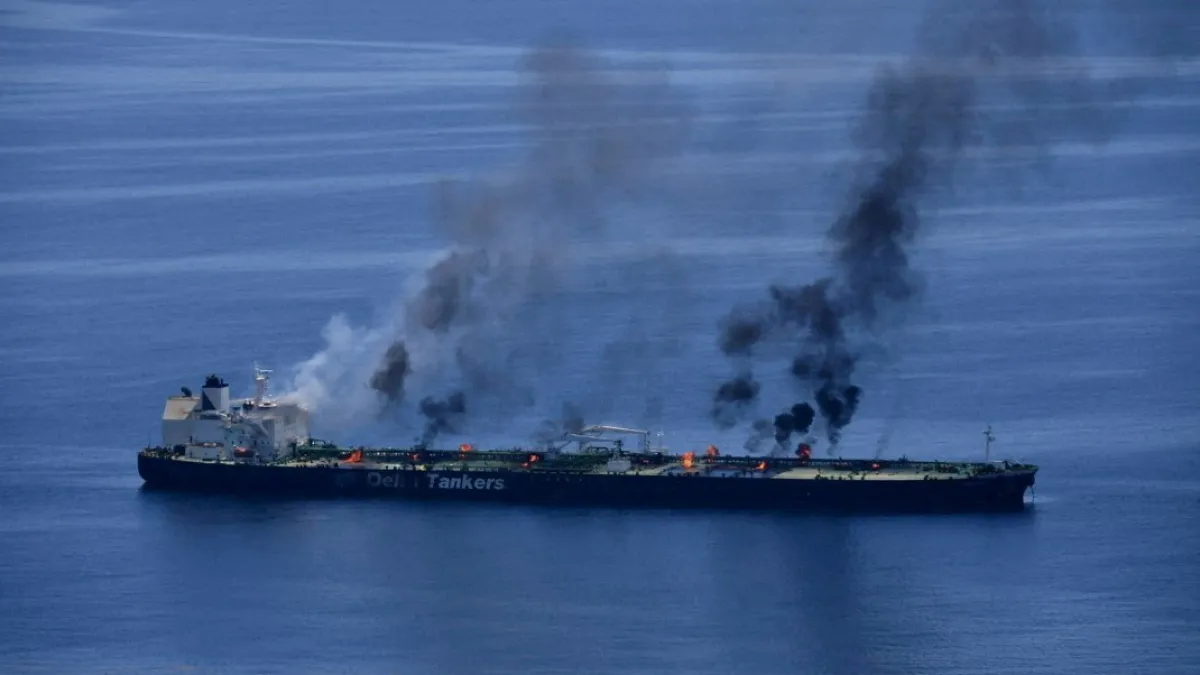
Houthi authorities have given the green light for recovery teams to approach the MV Sounion, a 164,000-dwt crude oil tanker currently adrift off Hodeidah in the southern Red Sea. The vessel, which was struck by Houthi missiles on August 21, lost power, leading to the crew abandoning the ship. Further missile attacks two days later resulted in fires aboard.
The UK Maritime Trade Operations (UKMTO) initially reported the vessel as drifting, but a follow-up by EUNAVFOR ASPIDES confirmed that there was no oil spill and that the ship was still anchored. The MV Sounion is carrying 150,000 tonnes of crude oil, making it a significant environmental and navigational hazard. A potential loss of cargo containment could lead to one of the largest oil spills in maritime history.
Iran’s mission to the United Nations announced that several countries have requested a temporary truce to allow tugboats and rescue ships into the area. In response to humanitarian and environmental concerns, the Houthis have agreed to permit these recovery efforts. However, Houthi spokesperson Mohammed Abdulsalam clarified that there is no formal truce; instead, the group has agreed to allow the tanker to be towed following international requests.
The Pentagon reported that attempts to deploy tugs for salvage were met with threats from the Houthis. Iran’s UN mission refuted claims of negligence, attributing delays in aid to the failure of certain countries to act. EUNAVFOR ASPIDES is preparing to coordinate with European authorities and neighbouring nations to prevent a potential environmental disaster and protect global maritime interests.






